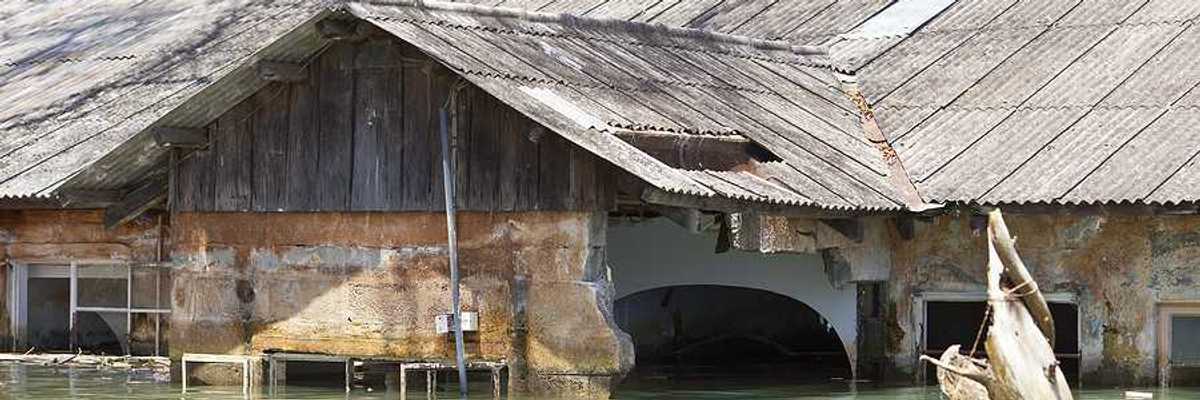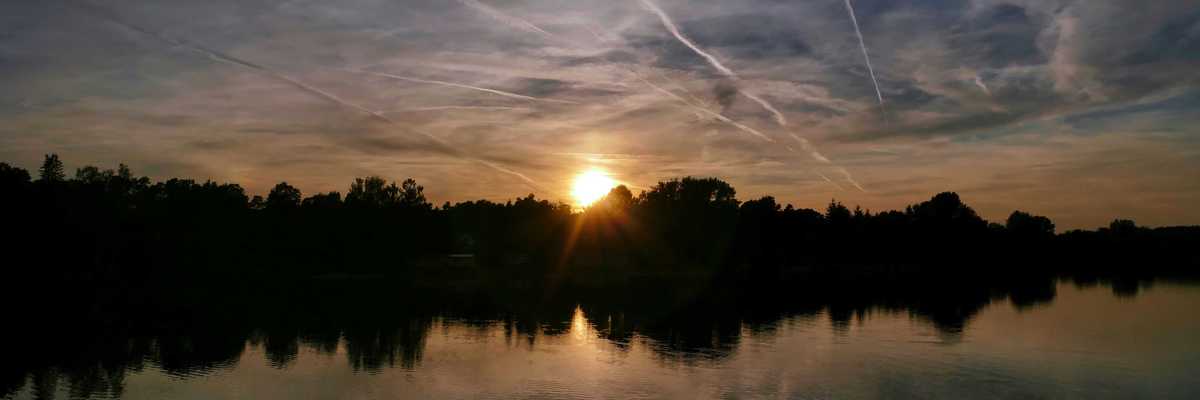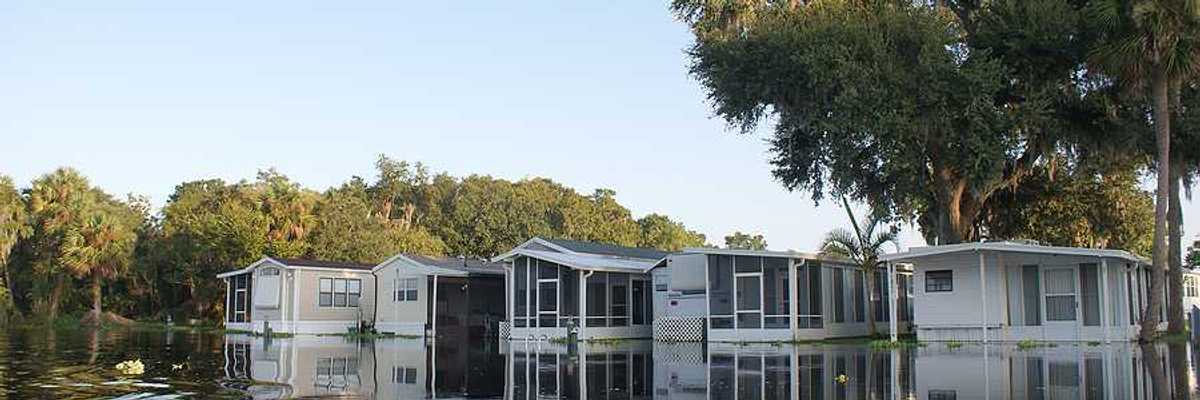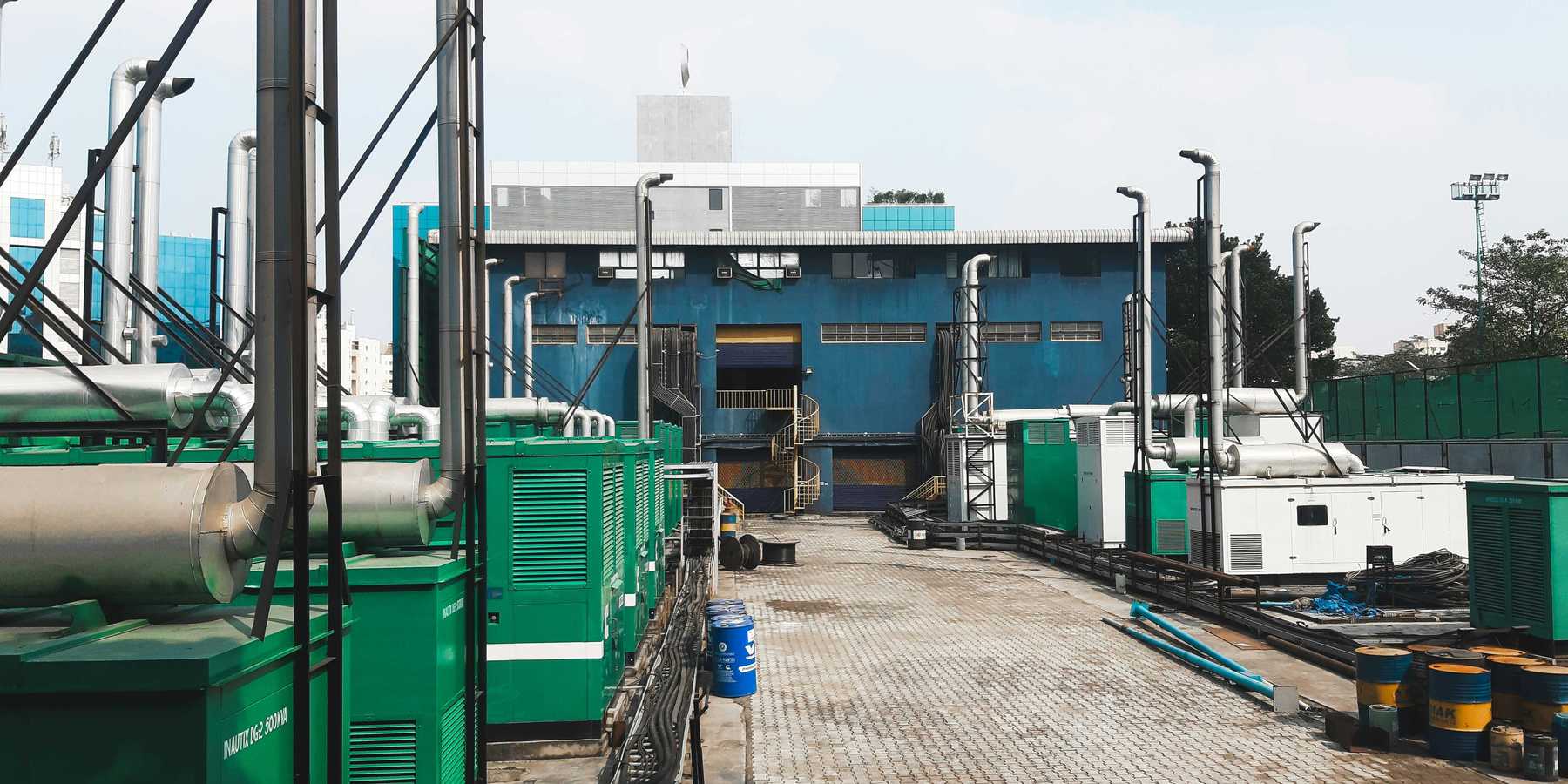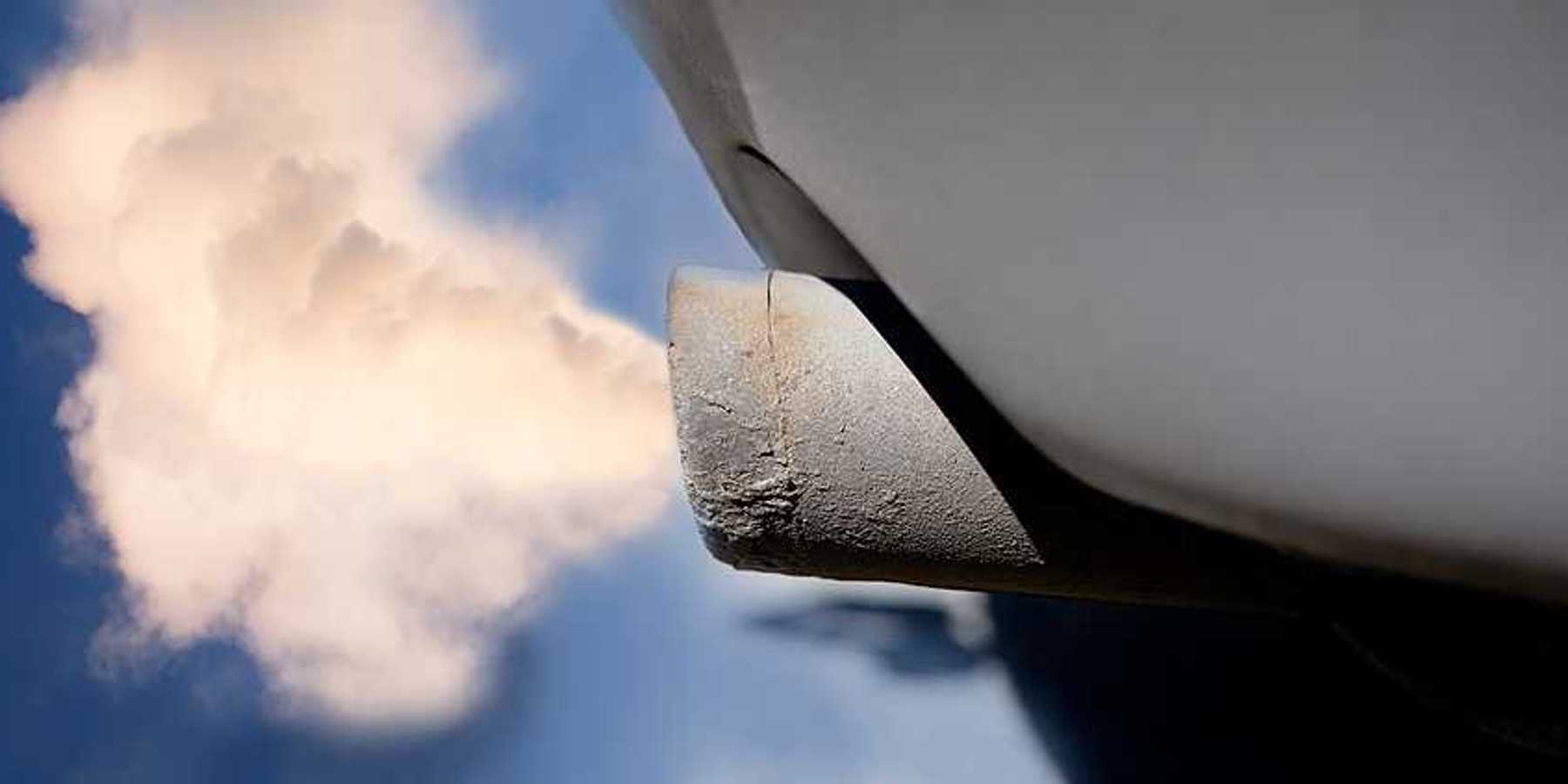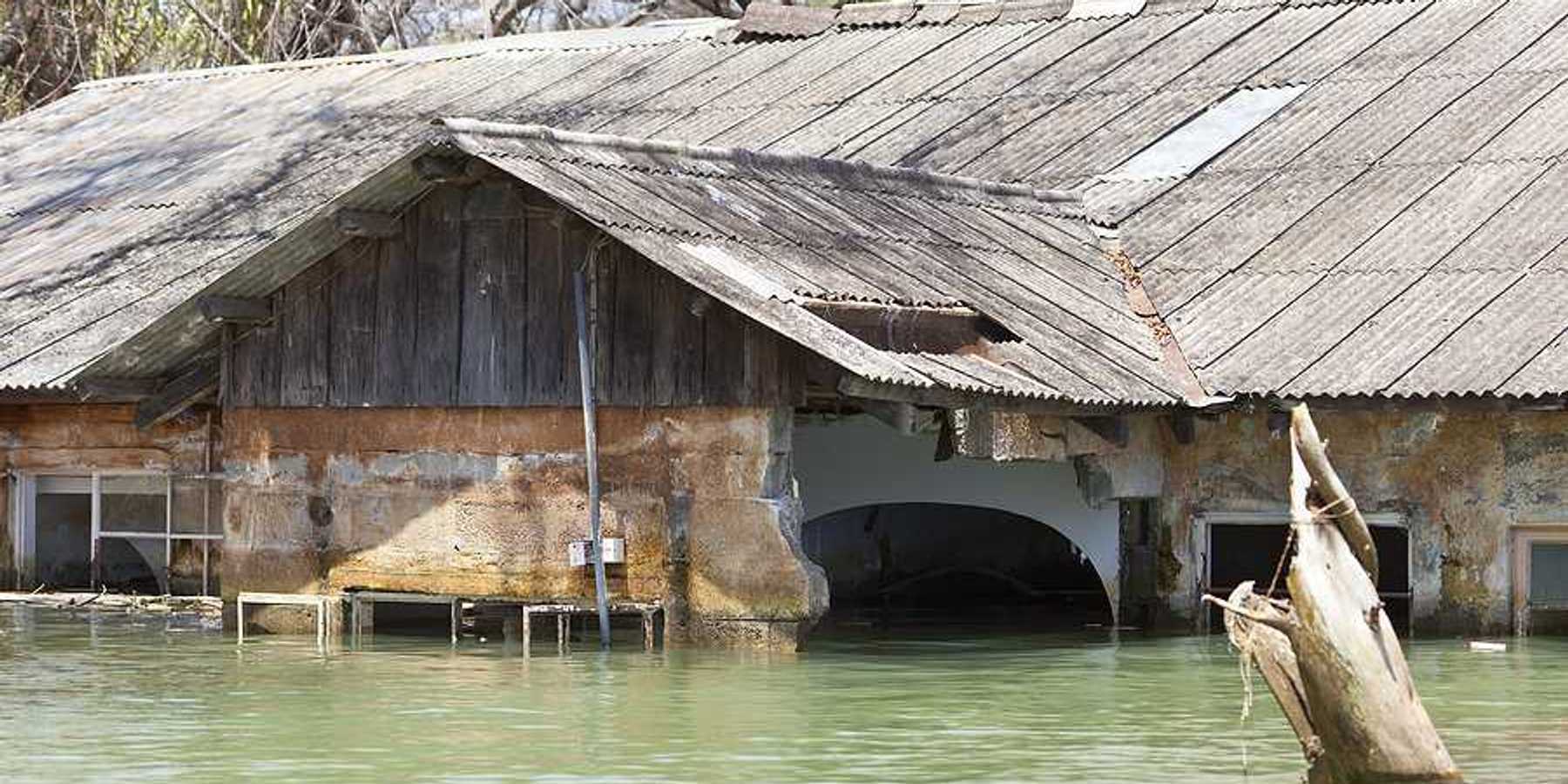mass transit
Colorado shifts focus from highways to transit
Colorado is prioritizing transit over highway expansion to combat climate change and reduce greenhouse gas emissions, a move that also has environmental justice implications.
In short:
- Colorado canceled plans to widen Interstate 25 and redirected $100 million to transit projects.
- The state’s Transportation Commission adopted a rule requiring new projects to reduce greenhouse gas emissions or risk losing funding.
- Other states, like Minnesota, Maryland and New York, are considering similar legislation to follow Colorado's lead.
Key quote:
“We really regard the Colorado rule as the gold standard for how states should address transportation climate strategy.”
— Ben Holland, manager at RMI, a national sustainability nonprofit
Why this matters:
Reducing highway expansion in favor of transit investments is important in lowering transportation emissions, which are a major contributor to climate change and have disproportionately impacted communities of color. This shift not only aims to improve air quality but also sets a precedent for other states to follow in addressing climate challenges. Read more: Black communities must lead the charge to repair harm from freeways.
The pandemic could have changed flying. Three years on, things are back to normal
Three and a half years after COVID-19 upended air travel, passengers are back in force. Here's why that's a problem.
European governments shrinking railways in favour of road-building, report finds
Rail networks in most countries have been starved of funding while motorways lengthen, study shows.
Germany sets the new standard for cheap, national mass transit
The EV of the future has three wheels
The auto rickshaw is more or less a motorcycle in the front and a party in the back in the form of benches, seats, or cargo space, and they are electrifying faster than basically any other type of vehicle.
Dhaka Metro: Bangladesh capital opens first mass rapid transit line
Bangladesh has launched its first metro rail service in the capital Dhaka, with officials and commuters hopeful it will help ease traffic in one of the world's most densely populated and congested cities.


